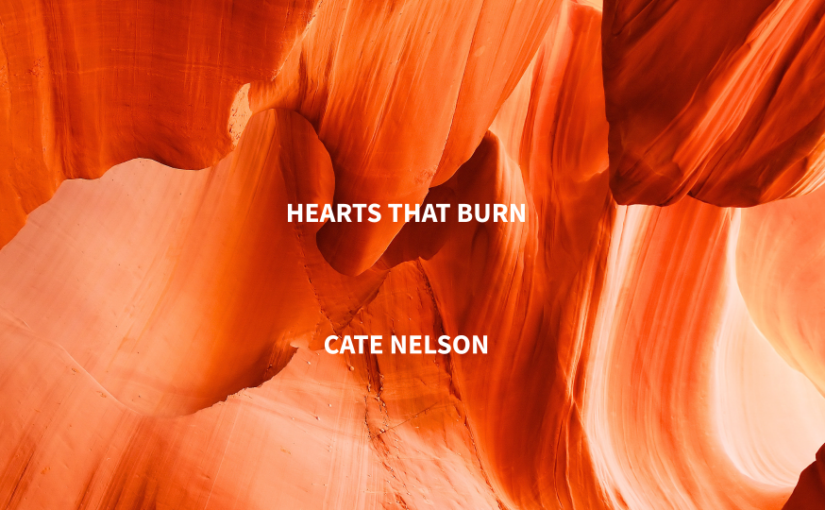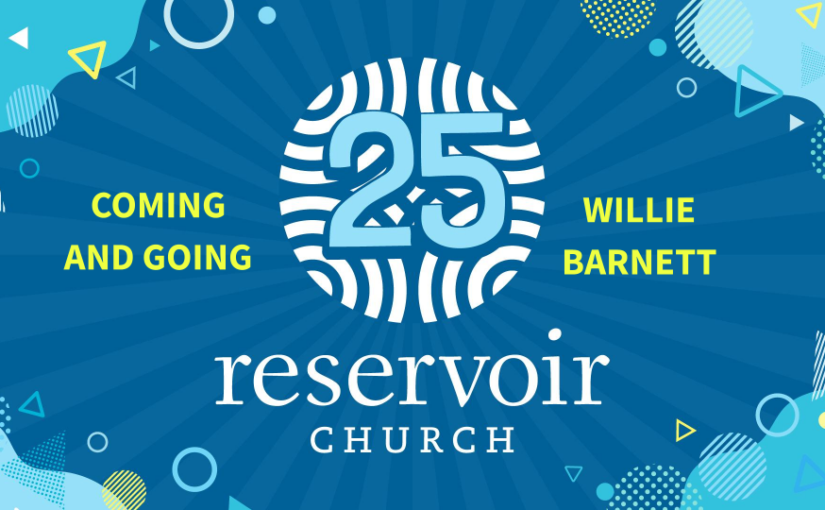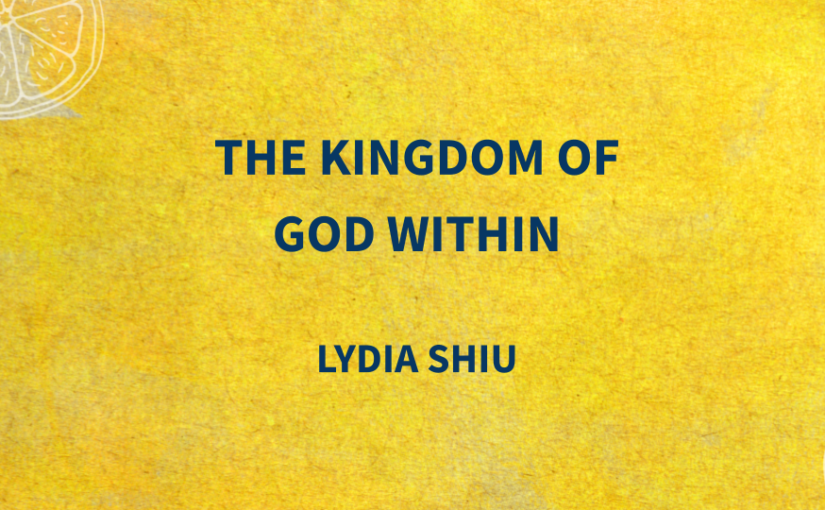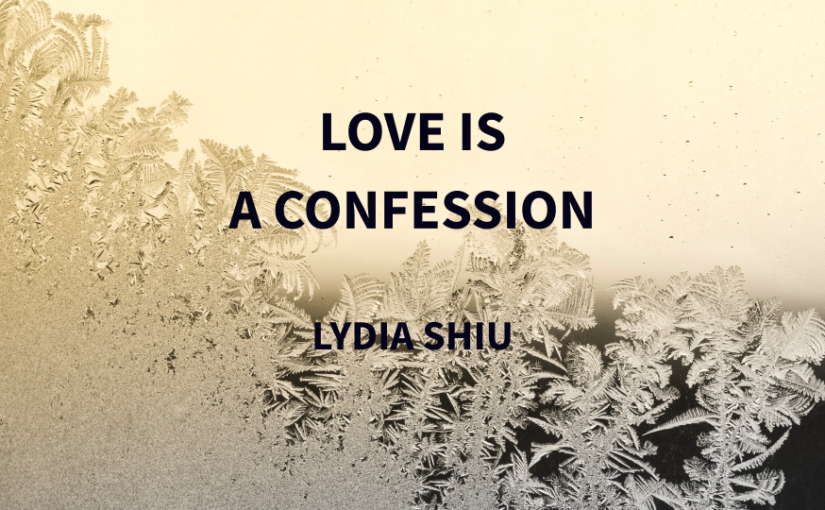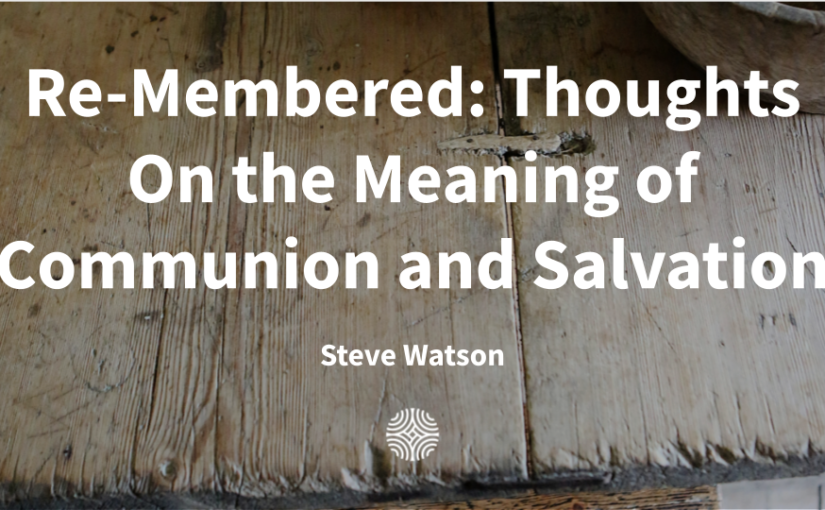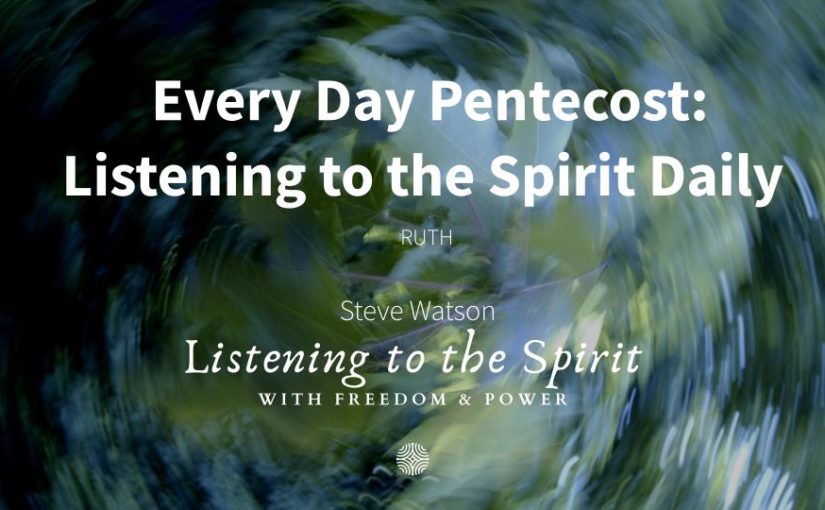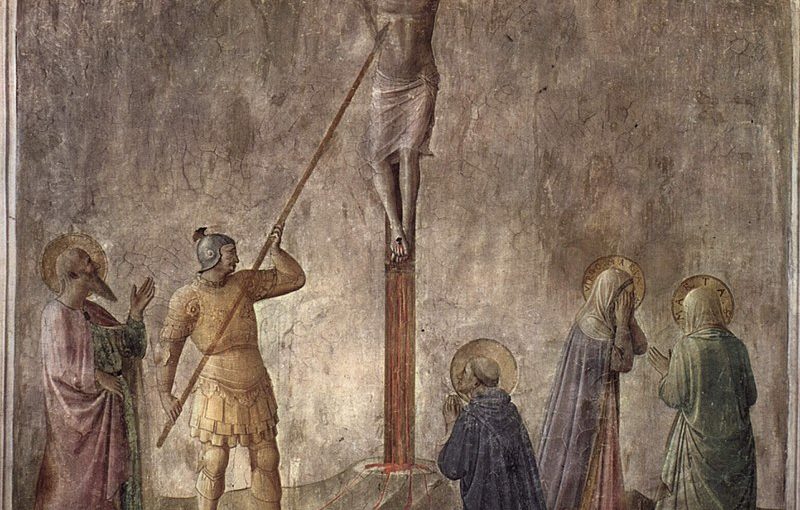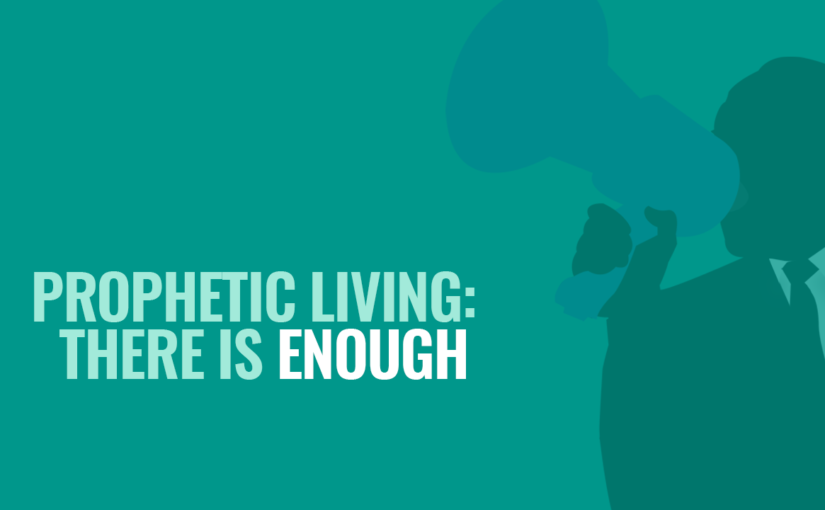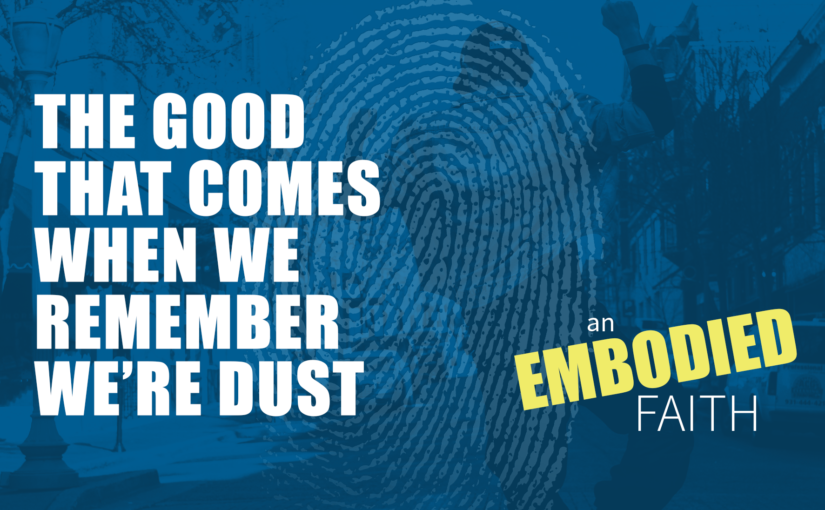Good morning friends, this Sunday morning or whenever you are tuning in! My name is Cate Nelson, she/her. I lived in Cambridge and worked and worshiped at Reservoir Church for a number of years, and it is a great joy to be back with you all today.
For those of us that haven’t met, or for folks I haven’t seen in a while, here are some things that I’m enjoying this morning…
This morning we are extending the theme of Fire one more week. Today is a coda to last week’s Easter sermon where Pastor Steve reflected on the story of Jesus’ resurrection appearance to two of his followers along the road to Emmaus. We are spending another week with this story — to expand and stretch it, before Reservoir begins its new series next week on the Wisdom Literature.
There will be a few moments to have some reflection to check in.
Grab a match or lighter and candle!
Let’s revisit the scripture we read together last week, as we sink deeper in it today.
This story picks up on the Sunday afternoon after Jesus’ crucifixion…
Luke 24 13:18, 25:32
13 Now on that same day two of them were going to a village called Emmaus, about seven miles from Jerusalem,
14 and talking with each other about all these things that had happened.
15 While they were talking and discussing, Jesus himself came near and went with them,
16 but their eyes were kept from recognizing him.
17 And he said to them, “What are you discussing with each other while you walk along?” They stood still, looking sad.
18 Then one of them, whose name was Cleopas, answered him, “Are you the only stranger in Jerusalem who does not know the things that have taken place there in these days?”
He goes on to tell a long story of the events leading to Jesus’ crucifixion, how brokenhearted and confused their community is… and how maybe he isn’t in the tomb any more and that angels said he is alive…
Jesus responds:
“Oh, how foolish you are and how slow of heart to believe all that the prophets have declared!
26 Was it not necessary that the Messiah should suffer these things and then enter into his glory?”
27 Then beginning with Moses and all the prophets, he interpreted to them the things about himself in all the scriptures.
28 As they came near the village to which they were going, he walked ahead as if he were going on.
29 But they urged him strongly, saying, “Stay with us, because it is almost evening and the day is now nearly over.” So he went in to stay with them.
30 When he was at the table with them, he took bread, blessed and broke it, and gave it to them.
31 Then their eyes were opened, and they recognized him, and he vanished from their sight.
32 They said to each other, “Were not our hearts burning within us while he was talking to us on the road, while he was opening the scriptures to us?”
Let me pray for us as we begin.
The Fellowship of the Burning Hearts
When I was 19, I was interning at a Christian ministry, and part of the internship involved a group Bible study with my fellow interns. It was a three month program, and we had regular classes where we would explore stories and themes of scripture together. In one of our first meetings, our lead teacher took stock of our group and with all this affection in his eyes and conviction in his voice, looked at us and said,
“I’m calling you the Fellowship of the Burning Hearts.”
He was referencing this passage we just read, where these two men, reflecting on their walk with a person they realize was Jesus, say,
“Were not our hearts burning within us while he was talking to us on the road, while he was opening the scriptures to us?”
I for one looooooved this name. I wasn’t a Lord of the Rings fan at that stage of my life, but there was something in this name about a merry-band-of-motley-travelers that I adored, as well as the notion we might just find our hearts burning in love for Jesus throughout our experience together. The Fellowship of the Burning Hearts.
Let’s return to our scripture for a minute. A couple things caught my attention about the burning hearts in our reading today. First:
- They recognize their burning hearts after the fact. It’s once they’ve recognized him, after he leaves, that they say, “were not our hearts burning within us as he unfolded to us the scriptures…”
- Even if they are moved by Jesus’ words, they recognize him in his actions
: “When he was at the table with them, he took bread, blessed and broke it, and gave it to them. Then their eyes were opened, and they recognized him…”
Word and action — their hearts know something as they listen. But they understand something when they see him, when they eat together and he breaks the break — this is Jesus, they say. And that was Jesus, as they see in retrospect that their hearts were alive in a whole new way as they listened to him unfold the story of himself.
When has your heart last been burning?
Can we remember too when our hearts burned within us?
A couple things come to mind for me:
- I was at a gathering a few weeks ago, where we all took turns sharing that if we only had one scripture to revisit for the rest of our lives — it would be enough. Just one passage, one chapter, a handful of verses. And as this group spent time going around the circle, reading a passage aloud and saying what it meant to them, and why those words would be enough for a lifetime — I found my heart so tender, so gently glowing with how precious these testimonies, these stories were.
-
Whoever dwells in the shelter of the Most High will rest in the shadow of the Almighty….You will not fear the terror of night, nor the arrow that flies by day…
-
In the beginning was the Word, and the Word was with God, and the Word was God.. and that life was the light of all people. The light shines in the darkness, and the darkness did not overtake it.
-
You prepare a table before me in the presence of my enemies, You anoint my head with oil; my cup overflows.
-
Write the vision; make it plain on tablets. For there is still a vision for the appointed time; it speaks of the end and does not lie.
-
These words filled our room, woven together with stories of mothers’ wisdom and prayers and family dinners, words that sustained people in moments of loneliness, darkness and tragedy… my heart swelled as I listened to these passages that would be enough for the group I was gathered with. For a kid who encountered a good deal of Bible-thumping along the way and sometimes has a spotty relationship with these texts, I was deeply aware that here in this room, as people were unfolding the scriptures to each other, I was in the presence of a
Word that was living and active (Hebrews 4:12).
This is Jesus. My heart burned with love for these people and love for Jesus.
- Leaving a boring meeting — the warmth in my heart from connection afterwards
- Heart burning from the things in the world we care most about — with rage, with hope
Practice: scan your last few weeks. Was there a time where your heart was burning? Maybe in a moment of connection with God? Maybe in a moment of connection with others? Maybe in awe of a sight in nature, like spring unfolding on the red buds…. Light a candle, remembering your burning heart… giving thanks for that fire within you, perhaps even recognizing Jesus’ presence was in that moment of a burning heart…
Finding our own fellowship this morning of our burning hearts…
Letting this flame burn during our service, as a mark of our fellowship together today.
Soft Hearts, Burning Hearts
Why this focus on our burning hearts?
Because the reality is there is so much else that presses upon our hearts…
- 876 search results for “heart” in the Hebrew Bible and Christian Testament….
Some of these “heart” results yield words like gladness and rejoicing… and for sure, it is a wonder when we find our hearts tender, joyful, fiery. Quiet joy of contentment or delighted joy are in our own Disney song, dancing among the flowers in awe of the world with little bunnies hopping around us. Goodness knows I love when this is what my heart is like.
The reality is, life piles up… and with that, troubles, the disillusionment.
As it turns out, a whole lot more of the search results of these ‘heart” words are things like troubled, broken, hardened. Which really resonates.
God is well aware of all that goes on in our hearts, how tough it can be… broken hearted, our hearts are troubled, things can be so much. Last week, Steve talked about how life feels so cataclysmic, both in the world and in our own individual lives. The breaking. The aching, the falling apart. All that is unbearable.
I told you at the beginning of my Fellowship of the Burning Hearts — well this place where I interned has been spectacularly, painfully, catastrophically crumbling in recent months. Heart breaking abuse from a trusted and admired leader leaving people confused, angry, betrayed not to mention leaving some deeply harmed. This place where my heart once burned, now it is breaking, and has left my heart deeply troubled.
- They stood still, looking sad. How very relatable, this may be one of my new favorite scriptures. And even more, how easy it would have been to say, we are too sad to talk to you — they are after all overcome with grief. Of all the days to have an excuse to say to a stranger, “I’m sorry, I don’t have it in me today, I’ve suffered a great personal loss…” it is this day. But they make a choice to invite him in, and they make a choice to keep walking…
How do we keep moving… to keep walking this road to Emmaus with our grief, our troubles? How do we not stay still in our own sadness, at least not for too long?
I was talking on the phone with a friend who was lovingly listening to me share my litany of heart-sorrows — the mounting pile of troubles and heartbreak. I finished my lament and she wanted to pray for me.
“I am putting my hand on my heart, imagining that Jesus is putting his hand on your heart…”
The tenderness of this brought tears to my eyes as she prayed with love for my troubled heart.
There is a famous scripture in the Hebrew Bible, God tells the Hebrew people:
Ezekiel 36:26
“A new heart I will give you, and a new spirit I will put within you, and I will remove from your body the heart of stone and give you a heart of flesh”
This, too, is spoken to a community – just as the burning hearts happen in the context of two followers of Jesus in grieving fellowship along the road. Our burning hearts, our fleshy hearts, are found with Jesus and in the company of others.
“A new heart I will give you, I will take the heart of stone and give you a heart of flesh.”
The truth is, stone can’t burn… a heart of stone cannot burn. So part of the practice of being a people with burning hearts is to be a people of soft hearts… fleshy hearts. Heart of stone for heart of flesh. Can we keep bringing our troubled hearts, our broken hearts into the presence of God and the ones we trust, to say things out loud and to ask for help that our hearts might not calcify? That they may stay fleshy that they can burn with all that makes them alive?
And if our hearts are hard, if they are rocky, may they at least be charcoal, or some other combustible rock that, in due time, can crumble and and burn. And saving that, we do have a God who miraculously can take the hardest places of our hearts and give us a heart of flesh.
Practice: I want to invite you into a moment of reflection, much like my friend invited me into when she prayed for me. If you’d like, place your hand over your heart. Maybe it is a moment to be loving towards yourself. Maybe you imagine it is Jesus’ hand on your heart, close to you in all that troubles or breaks your heart.
And with your eyes closed or softly landing, take a few breaths just like this, naming before God the things that might hurt so much — or cause you so much worry — or feel like they will never ease. Maybe it’s one thing, maybe it’s a litany of things. Allow yourself to feel Jesus’ love and nearness to the parts of your heart that are troubled, breaking, or aching.
Can we practice keeping our heart soft and fleshy — not by ignoring the things that hurt, not by trying to solve them on our own, but giving them back to God. This may be pain that we feel in our own lives, pain we see in the world around us… can we keep our hearts fleshy by letting Jesus’ love press upon our hearts — that our hearts may not calcify.
Maybe we have done this a million times… can we do it once again today. Because the reality is that this is a form a repentance — a form of returning to Jesus again — to say, here it is, my broken heart, my hard heart, my troubled heart… I don’t want to simply stand still and look sad, at least not for too long. I want to bring this into the light, the light of your love, the light of the fellowship of those whom I trust, if only to say, please help.
Jesus…help.
Jesus, hold.
Jesus, heal.
How is Your Heart?
I want to end with one final question. How is your heart?
It’s the question we’ve been asking all morning long…
This heart — however you name it, however it feels — can we bless it, just as it is…
James Baldwin makes a big claim in his book, The Fire Next Time:
“If the concept of God has any validity or any use, it can only be to make us larger, freer, and more loving.”
I want to invite us to hold these candles up together (or finger candles) — imagining our friends, our online church gathered together today… let us bless one another… in this fellowship of beautiful, troubled, fleshy, burning hearts — that as our hearts would be larger, freer, more loving as we encounter Jesus along the way. As he presses his hand against our hearts. As his words and love cause our hearts to burn once again. May this be our blessing to one another today, as we blow out our candles, as the smoke extends the blessing of fire to one another.
Let me pray for us.
Jesus, our risen God who walks with us along the way, would our encounters with you leave our hearts burning — larger, freer, and more loving.
I give thanks for this fellowship of sacred hearts here in this online church today — burning, hurting, full of the very same stuff as the galaxies. We love you Jesus and are grateful for all the ways you come close to us with your love.
Friends, may the blessing of God, the God of our burning hearts, be with you as you go.


